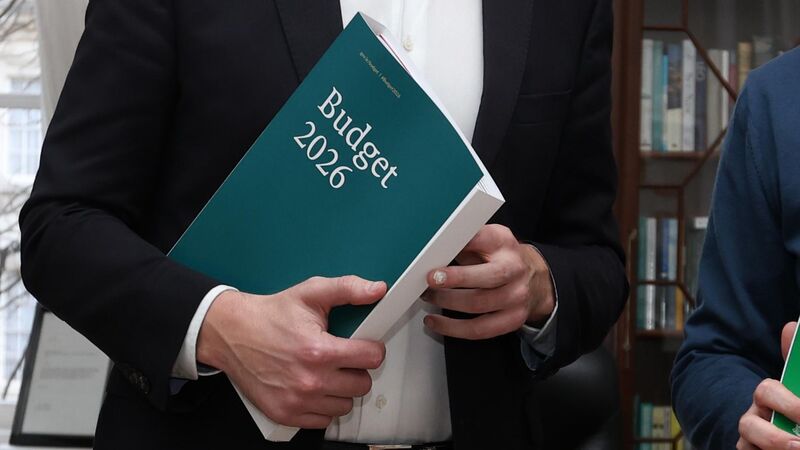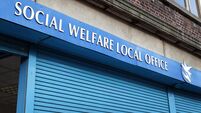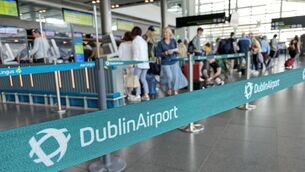Alan Healy: Tax cuts? Wait until next year

Minister for Finance, Paschal Donohoe at the Department of Finance, Government Buildings. Photo: Sasko Lazarov/© RollingNews.ie
BUDGET 2026 was pitched as an investment in the future, promising jobs, prosperity, and stability.
Yet for Irish businesses, the reality is they must adopt a wait-and-see approach. This is because some key measures will not be taking effect until well into next year.











